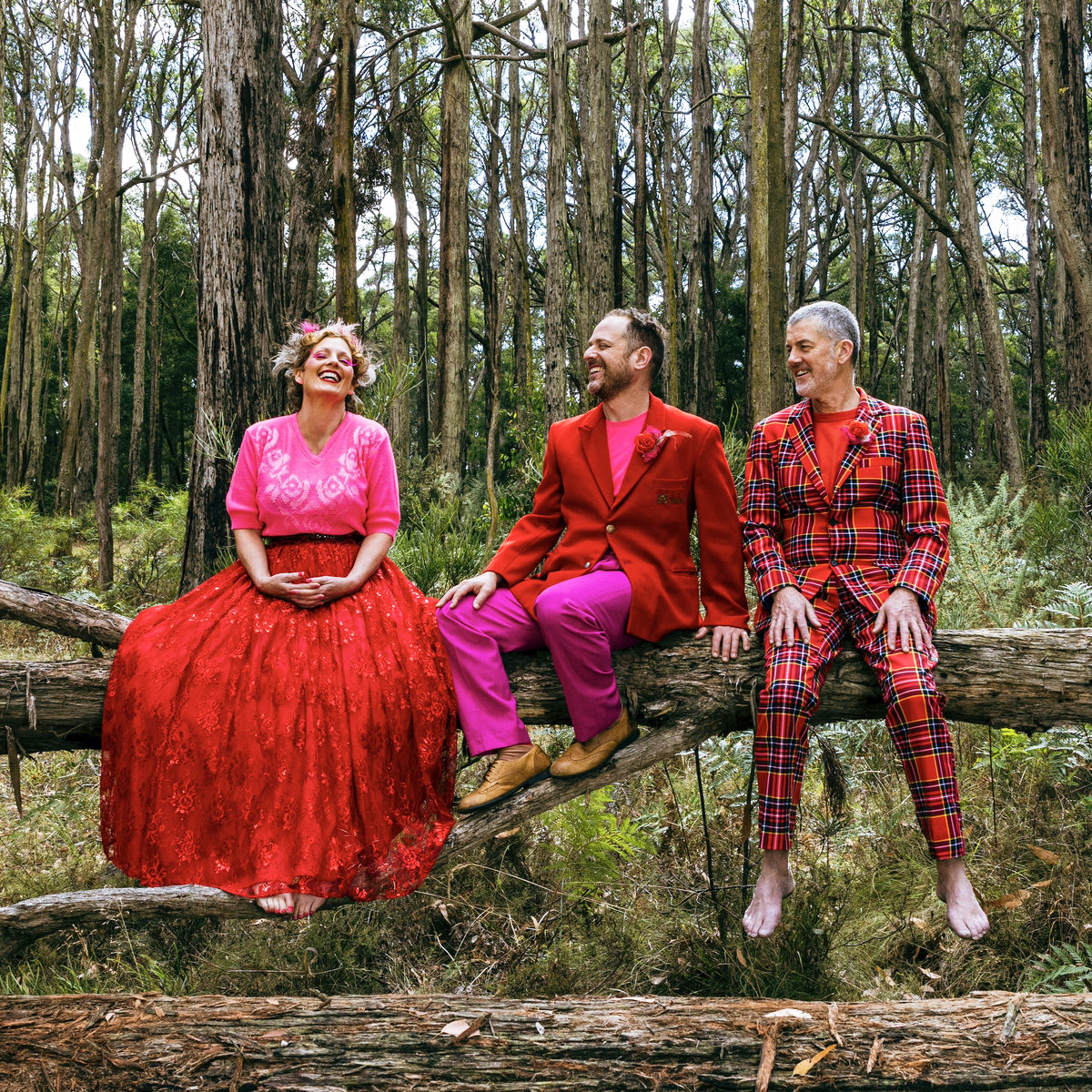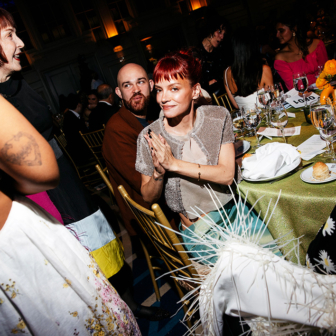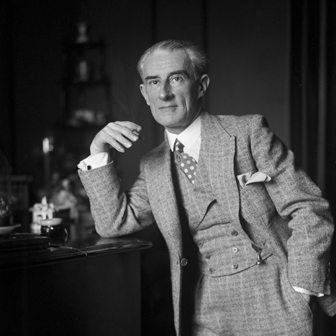“Scarborough Fair” is what Ellen Stekert calls a “go around song,” one that is passed from singer to singer, down centuries, across oceans, shape-shifting all the while. “Go around songs” shed and acquire tunes, lose lines and gain verses; characters change their names and quite often swap genders.
Verses familiar from “Scarborough Fair” may be traced back to the seventeenth century but, beyond that, the song’s provenance is anyone’s guess. The famous version by Simon & Garfunkel appeared in 1966 on Parsley, Sage, Rosemary and Thyme, the album that took its name from the song’s refrain. Paul Simon had learnt it from Martin Carthy, whom he’d heard sing it in a London folk club and who, in 1965, had put it on his own eponymous first solo album. Simon learnt it so well that he retained a version of Carthy’s distinctive guitar accompaniment. Carthy was miffed, not so much at the theft of his guitar part but because Simon claimed to have composed the song, the recording credits containing no mention of “trad.” Bob Dylan was similarly inspired when he heard Carthy sing it but his response was a new song, “Girl from the North Country.”
Carthy, in turn, had first heard “Scarborough Fair” sung in 1960 by Jacqueline McDonald (later, one half of the folk duo Jacqui and Bridie), who had learnt it from a book edited by Ewan MacColl and Peggy Seeger. MacColl had collected the tune from a retired miner in County Durham just after the war, and Carthy speculated recently in an interview for the Guardian that MacColl might have tweaked it: “He would always improve a tune.”
The version recorded by Ellen Stekert in 1963 has a different tune entirely and we can hear it on her new album, Go Around Songs Vol 1, a collection of archival material dating back to the 1950s. Stekert, who turned ninety last month, no longer sings following the accidental severing of a nerve to one of her vocal cords during an operation on her spine. Martin Carthy, eighty-four, is still singing — his gnarled, quavery voice full of commitment, his guitar playing hardly diminished — and his new album, essentially a revisiting of his 1965 debut, includes “Scarborough Fair” with yet another tune (he no longer cares for the version he taught Simon).
Peggy Seeger, ninety this month and in remarkably fine voice, has just put out what she says is her last album, made up of songs written by her and her family. They include “Sing About These Hard Times,” which is so well-known I hadn’t realised it was a Peggy Seeger original; “The First Time Ever I Saw Your Face,” more famous yet and written (about Seeger’s face) by MacColl; and, as chance would have it, a whimsical number entitled “I Want to Meet Paul Simon,” by Peggy and her son Calum MacColl.
Ellen Stekert was part of the late 1950s folk boom in New York’s Greenwich Village. Seeger moved to London in 1956 where she, MacColl, Carthy and others created a thriving equivalent in clubs across the city. That three of them should still be releasing albums in 2025 is testament not only to their own resilience but also to the persistence of those “go around songs,” for while none of the songs on Seeger’s new album is traditional, both “Sing About These Hard Times” and “The First Time Ever” have certainly gone around.
The collecting of traditional songs had its heyday in Europe in the early twentieth century, and a little later in the United States. Stekert, indeed, had a distinguished academic career a folklorist at the University of Minnesota, where her work led her to record songs and stories from workers in lumber camps and snake handlers in a Pentecostal church. The collecting is not done. Even so, anonymity being a hallmark of “traditional” songs, the likelihood of new examples emerging in our own time is small. Yet the “going around” hasn’t stopped, and it’s not only folk-like songs such as “Sing About These Hard Times” that qualify.
A new album from Australia’s Bush Gothic, their strongest yet, places authentically traditional material alongside songs by Divinyls and Midnight Oil, Ice House and Margret RoadKnight, the last mentioned being Bob Hudson’s “Girls in Our Town,” which RoadKnight popularised fifty years ago and which has been “going around” ever since. You could argue, and Bush Gothic’s Jenny M. Thomas does, that pop music — popular music — is the music of the people, and that a song like Divinyls’ “Pleasure and Pain,” while evidently not traditional, is as much a folk song as “Scarborough Fair.”
When Bush Gothic do deal in traditional songs, such as “Lady Franklin’s Lament,” on the new album, they often strip off the tune and make up a new one as they do here. But with “Girls in Our Town,” “Pleasure and Pain” and Iva Davies’s “Great Southern Land,” they retain the familiar tunes but make the material strange in their arrangements, drawing us in to dark, interior worlds that suit at least the second word of Bush Gothic’s name.
No one could say these songs aren’t going around. •
Andrew Ford’s recent Music Show interview with Ellen Stekert can be heard here.




